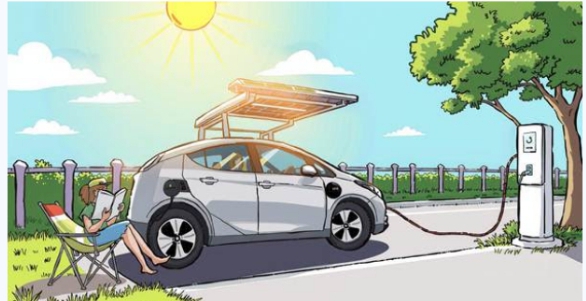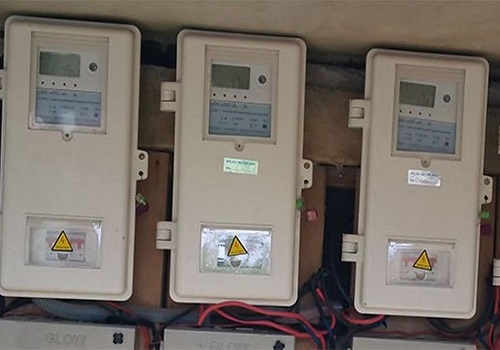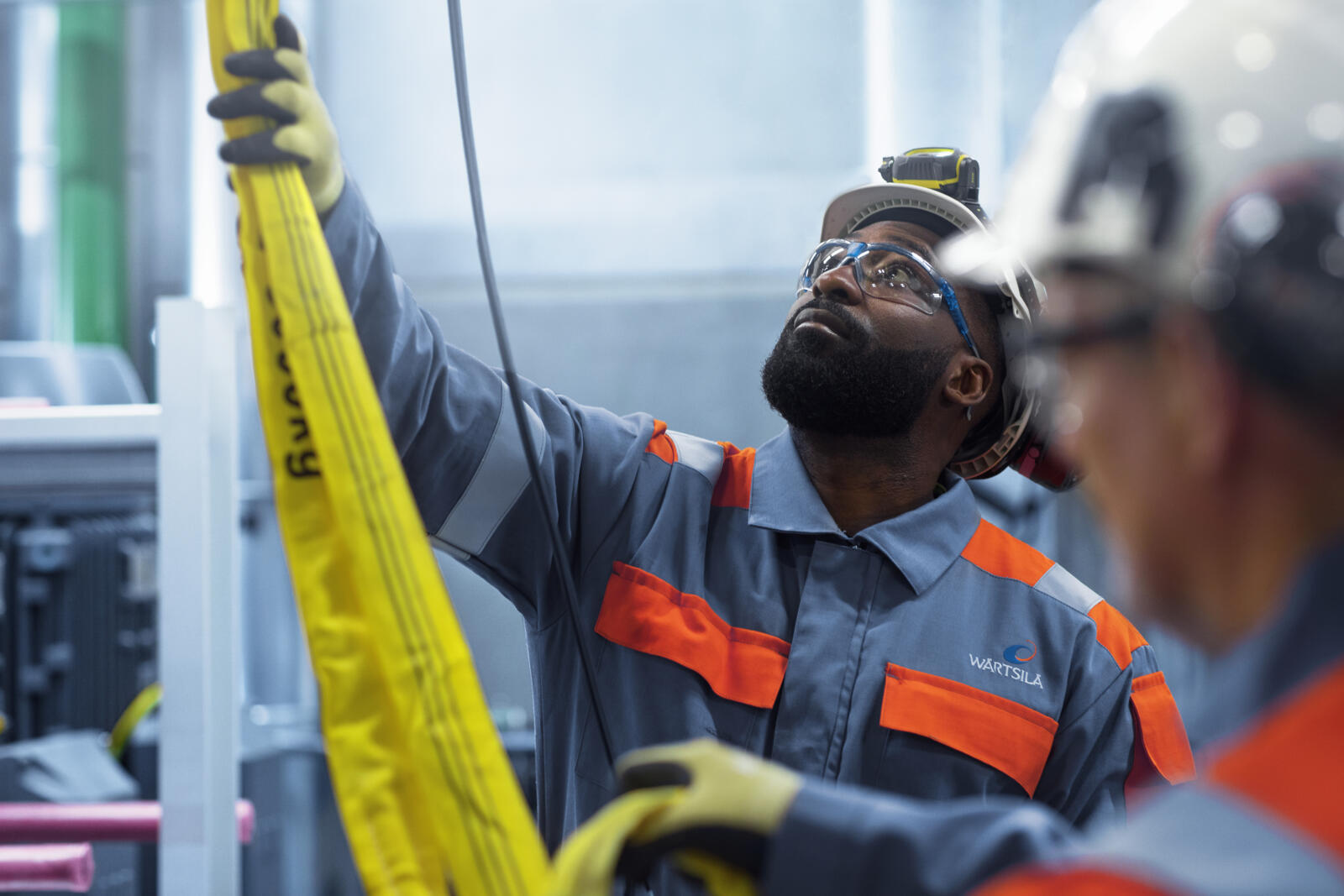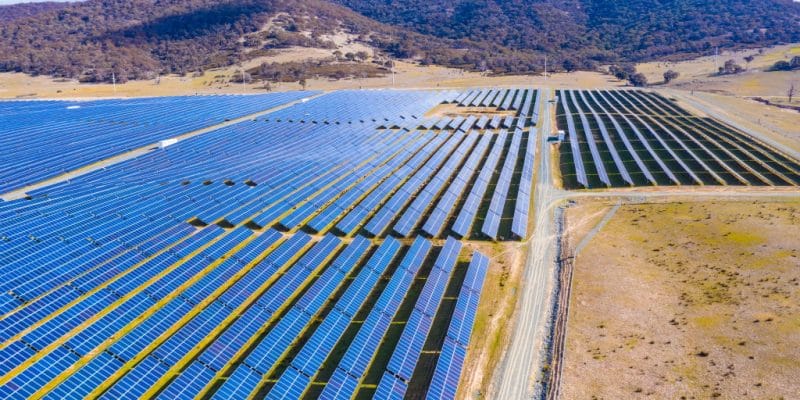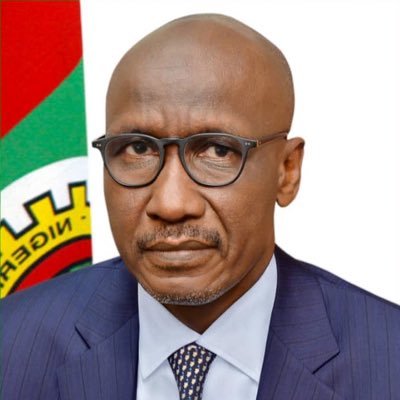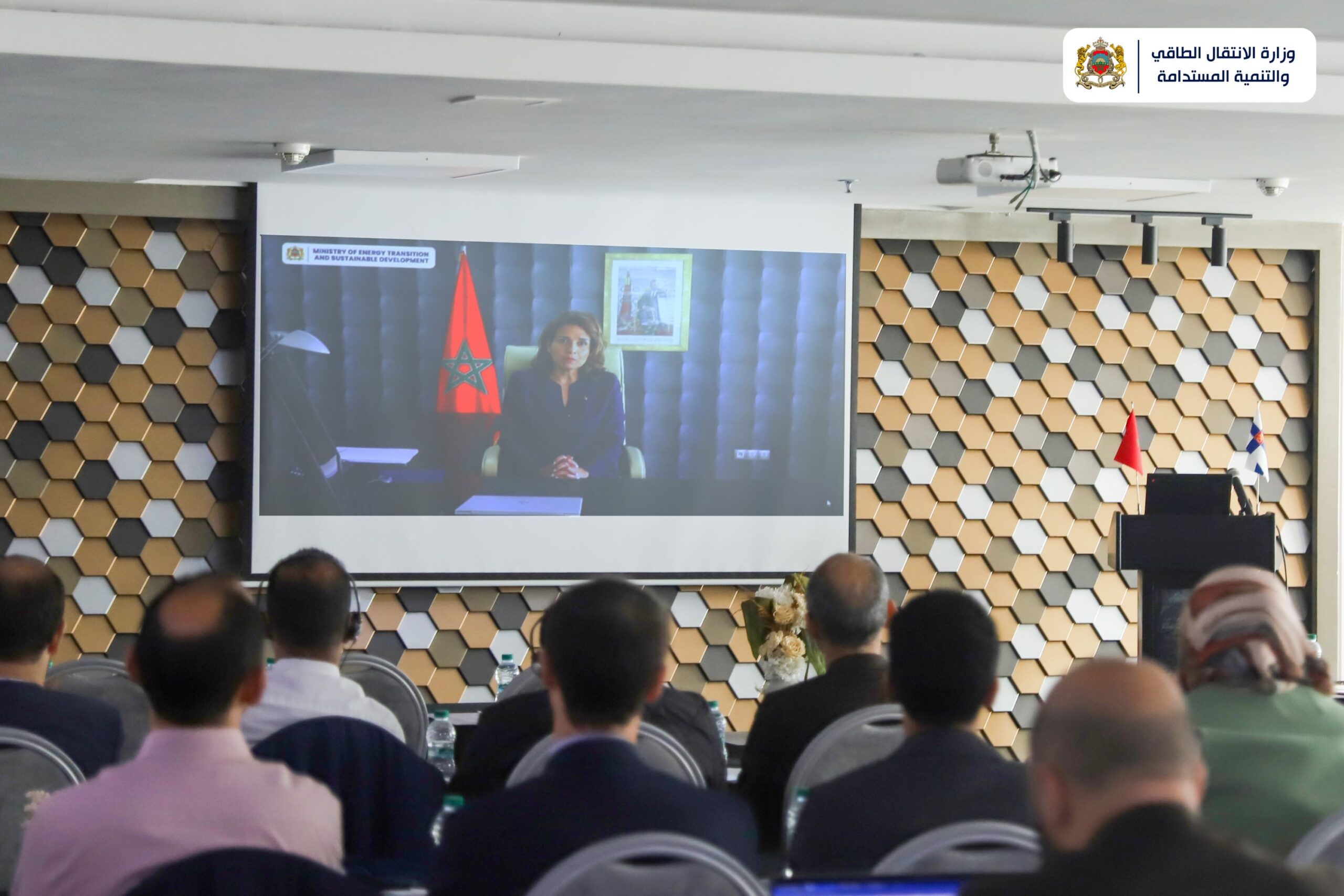
We need to solve the complex equation of energy transition and grid reliability, says Wärtsilä
Behind the necessary ramp-up of renewable energies, the challenge of integrating them into the power grid occupied centre stage at the North & West Africa Energy Transition Forum.

